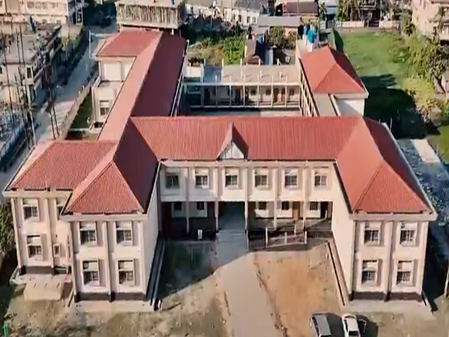
compounded by crop losses attributed to climate change, pose significant disruptions to the region’s rice supply, warns a report by GlobalData. The report highlights that these factors can have far-reaching consequences on Asia’s economic, political, and social fabric, as the region is responsible for an estimated 93 percent of global rice consumption in 2023.
India’s ban on non-basmati white rice exports in July and the imposition of a 20 percent export duty on parboiled rice in August had global repercussions, leading to elevated rice prices. The ban aimed to combat double-digit cereal inflation and ensure food security for countries upon request.
Extreme weather events, such as floods in China and droughts in Thailand, have caused extensive damage to paddy crops in the Asia-Pacific region. India’s export restrictions significantly contributed to rising global rice prices, affecting low-income households and prompting measures like retail purchase limits in countries like Malaysia to combat price gouging.
The report suggests that rice-producing countries like Vietnam, Thailand, Cambodia, and Myanmar may also consider restricting rice exports to maintain stable domestic prices, following the example set by Malaysia. Vietnam has already experienced high demand and increased prices for its rice.




